| Description |
Buspirone is an orally active 5-HT1A receptor agonist. Buspirone is a potent anticancer agent. Buspirone shows antiproliferative activity. Buspirone can be used for anxiety, depression and cancer research[1][2].
|
| Related Catalog |
|
| In Vitro |
Buspirone (0-400 µg/mL; 6 hours) has cytotoxic effect in Lymphocytes[1].Buspirone (0-180 µg/mL; 0-3 hours; Lymphocytes)induces ROS formation, mitochondrial membrane potential collapse(MMP), lipid peroxidation, lysosomal damage and elevation of glutathione disulfide (GSSG)[1]. Cell Viability Assay[1] Cell Line: Lymphocytes Concentration: 0, 4, 20, 40, 200 and 400 µg/mL Incubation Time: 6 hours Result: Decreased cell viability in a dose-dependent manner.
|
| In Vivo |
Buspirone (1-5 mg/kg; i.p. and i.g.; for 5 days; C57BL/6N mice) reduces anxiety/depression behaviors[2]. Buspirone (1-5 mg/kg; i.p. and i.g.; for 5 days; C57BL/6N mice) restores IS-shifted β-diversity in the gut microbiota[2]. Animal Model: Male C57BL/6N mice[2] Dosage: 1 and 5 mg/kg Administration: Oral gavage and intraperitoneal injection; for 5 days Result: Reduced TNF-α expression and NF-κB+/Iba1+ cell population in the hippocampus and myeloperoxidase activity and NF-κB+/CD11c+ cell population in the colon. Animal Model: Male C57BL/6N mice[2] Dosage: 1 and 5 mg/kg Administration: Oral gavage and intraperitoneal injection; for 5 days Result: Reduced the IS- or EC-induced gut Proteobacteria population.
|
| References |
[1]. Salimi A, et, al. Analysis of Toxicity Effects of Buspirone, Cetirizine and Olanzapine on Human Blood Lymphocytes: in Vitro Model. Curr Clin Pharmacol. 2018;13(2):120-127. [2]. Kim JK, et, al. Buspirone alleviates anxiety, depression, and colitis; and modulates gut microbiota in mice. Sci Rep. 2021 Mar 17;11(1):6094.
|
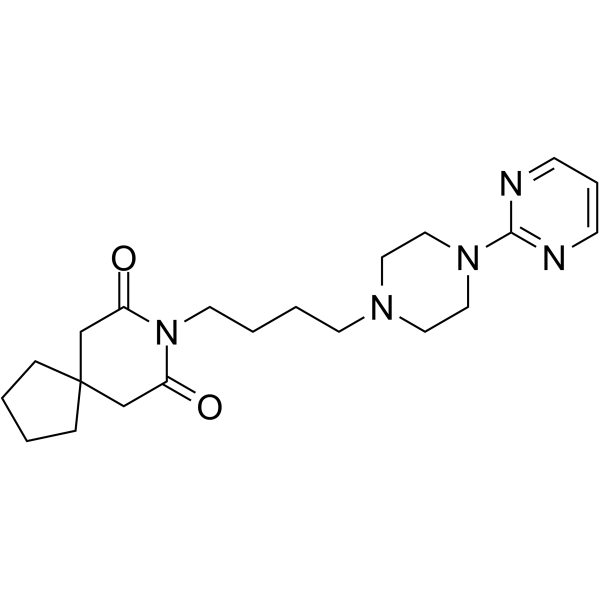
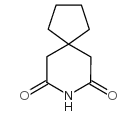 CAS#:1075-89-4
CAS#:1075-89-4![8-(2-Pyrimidinyl)-8-aza-5-azoniaspiro[4.5]decane Bromide Structure](https://image.chemsrc.com/caspic/372/81461-73-6.png) CAS#:81461-73-6
CAS#:81461-73-6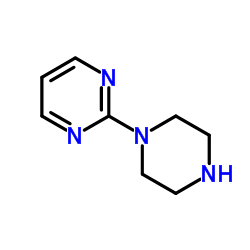 CAS#:20980-22-7
CAS#:20980-22-7![8-(4-Bromobutyl)-8-azaspiro[4.5]decane-7,9-dione Structure](https://image.chemsrc.com/caspic/016/80827-62-9.png) CAS#:80827-62-9
CAS#:80827-62-9![8-[4-(4-pyrimidin-2-yl-piperazin-1-yl)but-2-enyl]-8-aza-spiro[4.5]decane-7,9-dione Structure](https://image.chemsrc.com/caspic/220/118286-98-9.png) CAS#:118286-98-9
CAS#:118286-98-9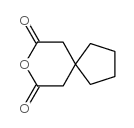 CAS#:5662-95-3
CAS#:5662-95-3 CAS#:33386-20-8
CAS#:33386-20-8![8-[4-[4-(2-Pyrimidinyl)-1-piperazinyl]-2-butynyl]-8-azaspiro[4.5]decane-7,9-dione Structure](https://image.chemsrc.com/caspic/258/118286-97-8.png) CAS#:118286-97-8
CAS#:118286-97-8![8-(prop-2-ynyl)-8-azaspiro[4.5]decane-7,9-dione Structure](https://image.chemsrc.com/caspic/254/25032-23-9.png) CAS#:25032-23-9
CAS#:25032-23-9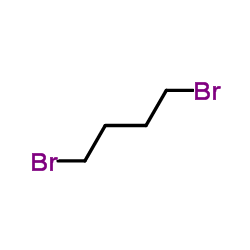 CAS#:110-52-1
CAS#:110-52-1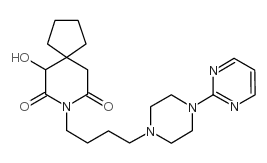 CAS#:125481-61-0
CAS#:125481-61-0